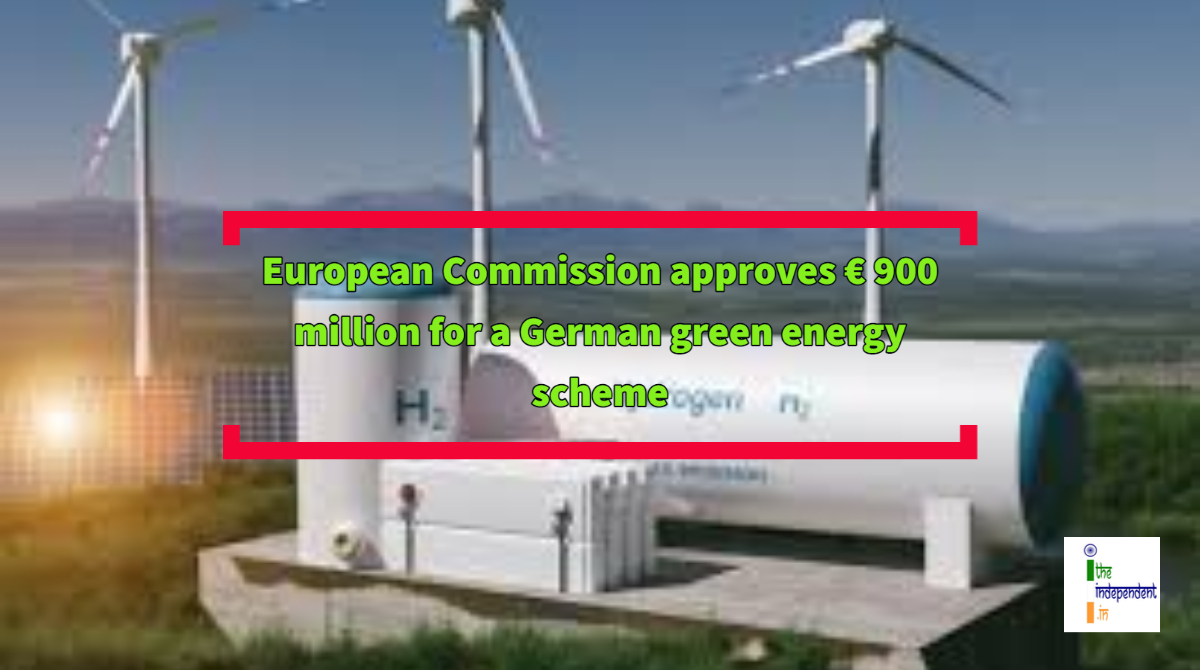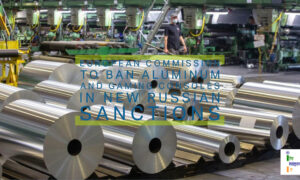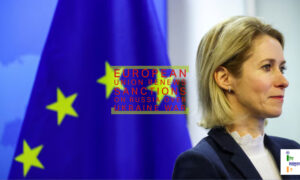
‘H2Global’ Scheme will support projects leading to substantial reductions in greenhouse emissions
The European Commission today, i.e., Monday, December 20, 2021, approved € 900 million for a German scheme to support investments in the production of renewable hydrogen in non-European Union (E.U.) countries, which will be then imported and sold in the E.U.
Christened ‘H2Global’, the scheme aims at meeting the E.U. demand for renewable hydrogen that is expected to significantly increase in the coming years. It will also contribute to the E.U. environmental objectives, in line with the European Green Deal.
Speaking on the occasion, the Executive Vice-President of European Commission – Margrethe Vestager said, “This €900 million German scheme will support projects leading to substantial reductions in greenhouse emissions, in line the EU’s environmental and climate objectives set out in the Green Deal. It will contribute to addressing the increasing demand for renewable hydrogen in the Union, by supporting the development of this important energy source in areas of the world where it is currently not exploited with a view to importing it and selling it in the E.U.”
The German scheme will run for 10 years starting from the award of the first contract under the scheme. The scheme will be managed and implemented by a special-purpose entity named HINT.CO. This intermediary will conclude long-term purchase contracts on the supply side (green hydrogen production) and short-term resale contracts on the demand side (green hydrogen usage).
Renewable hydrogen can be produced through the electrolysis of water with the electricity stemming from renewable sources. Since almost no greenhouse gas is emitted in the production of renewable hydrogen, large reductions in greenhouse gas emissions can occur when renewable hydrogen displaces a fossil fuel or fossil-based chemical.
The aid will be awarded through competitive tenders. Prices will be determined on the buying and selling side via a double auction model, where the lowest bid price for hydrogen production and the highest selling price for hydrogen consumption will each be awarded a contract.
The European Commission found that the aid is necessary and has an incentive effect, as the projects would not take place in the absence of the public support. This is because carbon prices and other regulatory requirements do not fully internalise the costs of pollution. This is because renewable hydrogen is significantly more expensive to produce and use than fossil-based hydrogen.
The Commission’s 2014 Guidelines on State Aid for Environmental Protection and Energy allow Member States to support projects like those supported under H2Global, subject to certain conditions. These rules aim to help Member States meet the E.U.’s ambitious energy and climate targets at the least possible cost for taxpayers and without undue distortions of competition in the Single Market.







